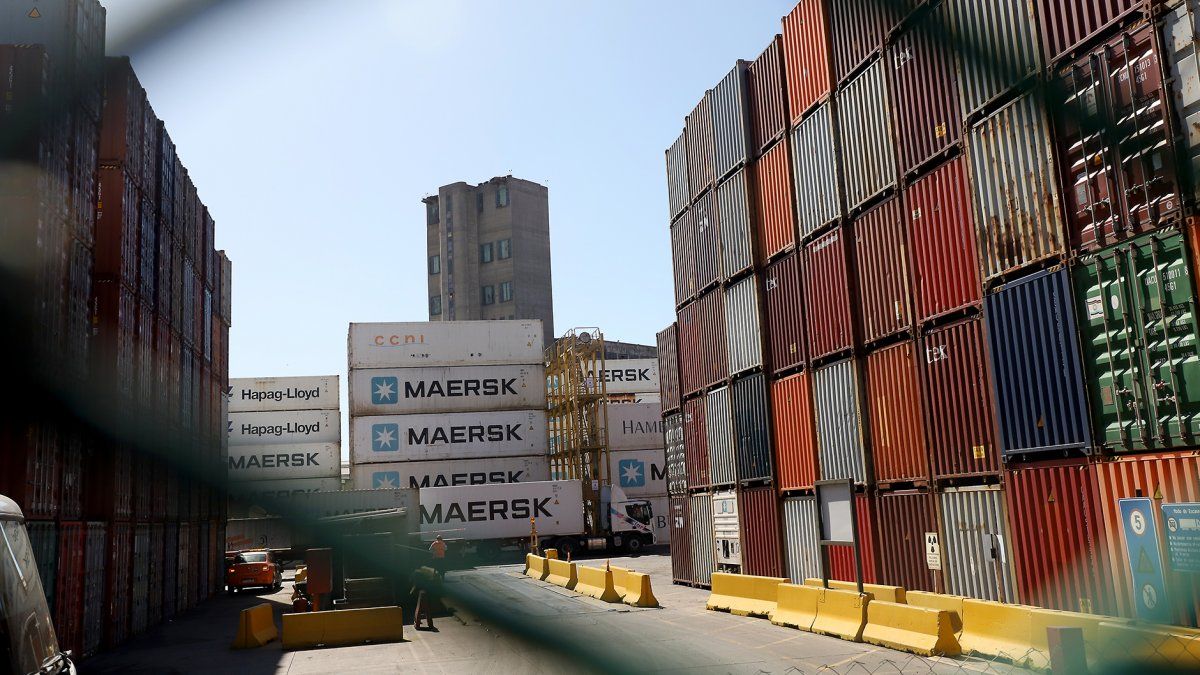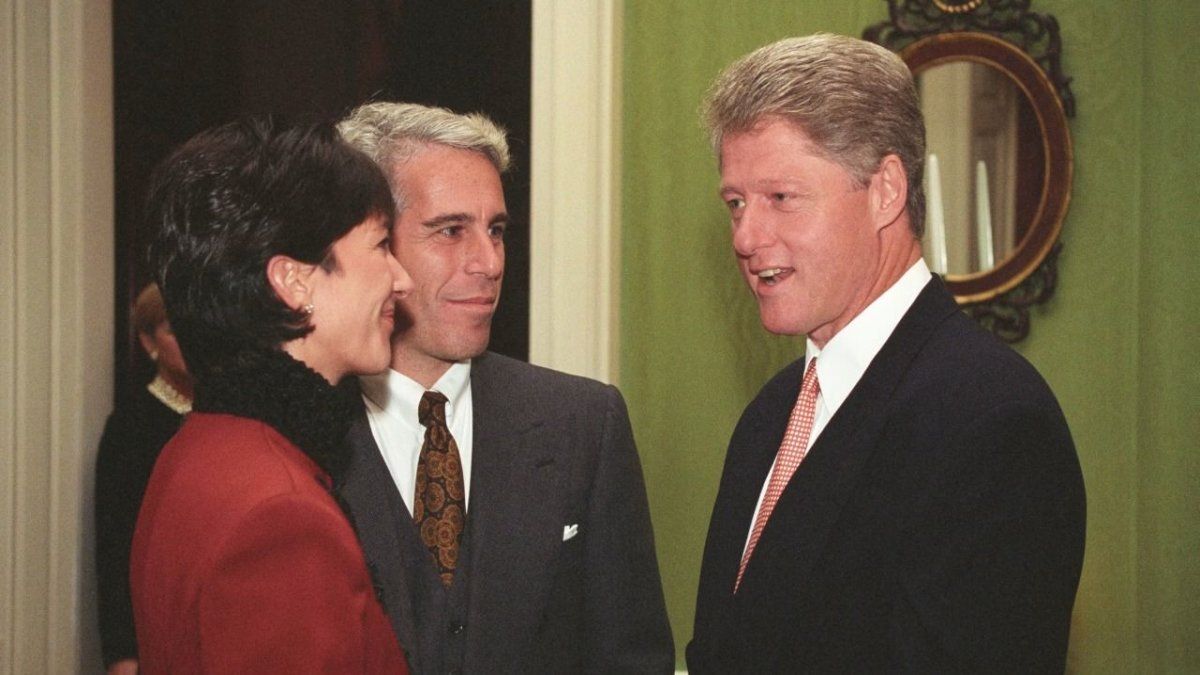The Fund recognized that the drought produced a misalignment of the plans established in the original agreement for 2023, therefore recognizing the need to reduce the reserve accumulation targets, which this year were US$12.4 billionand which would be reduced by US$2 billion.
But at the same time, he warned about the need to redouble the adjustment to ensure that the fiscal deficit remains at the 1.9% of GDP, something that in nominal terms will surely rise due to the effect of inflation. In other words, the final number could be higher than expected, but always representing 1.9% of GDP.
New measures to promote exports and safeguard reserves.
One of the decisions is to continue promoting exports and strengthening the trade balance through the application of a differential exchange rate for a limited period, for a set of primary exportsincluding soybeans and other agricultural products (from selected regions) that have a very limited impact on the domestic market.
It was already known that a new “soybean dollar” will be implemented, valid for 30 days. Over the weekend, the economic team continued negotiating with the large exporters to ensure a foreign exchange inflow that, according to first estimates, would be around US$5,000 million. Next Wednesday the measure will be knownas they advanced to Ambit official sources. According to high sources from the Palacio de Hacienda, it is a differential exchange rate, That would be around $300.
This exchange rate will also apply to a part of imports, including tourism and transportation services. For this reason, as revealed by Ámbito, at the same time they are working on changes for imports. “We want to simplify the scheme, today there are different perceptions and the idea is that this converges towards the same point,” explained an official close to Massa when asked by this medium.in reference to the exchange rates that were established, for example, for the hiring of foreign artists or tourism.
The intention of the economic team is to begin to simplify the current exchange rate regime, through the rationalization of the various taxes currently levied on imports of goods and services.
Also keep improving the customs control to limit over-billing, storage and other irregularities, especially in terms of services.
In particular, the authorities are closely monitoring the evolution of the freight payments since they have detected that turns tend to increase, unlike what happens in the rest of the world where they decrease. They comment that there are ongoing investigations and that some company could be sanctioned.
Source: Ambito




